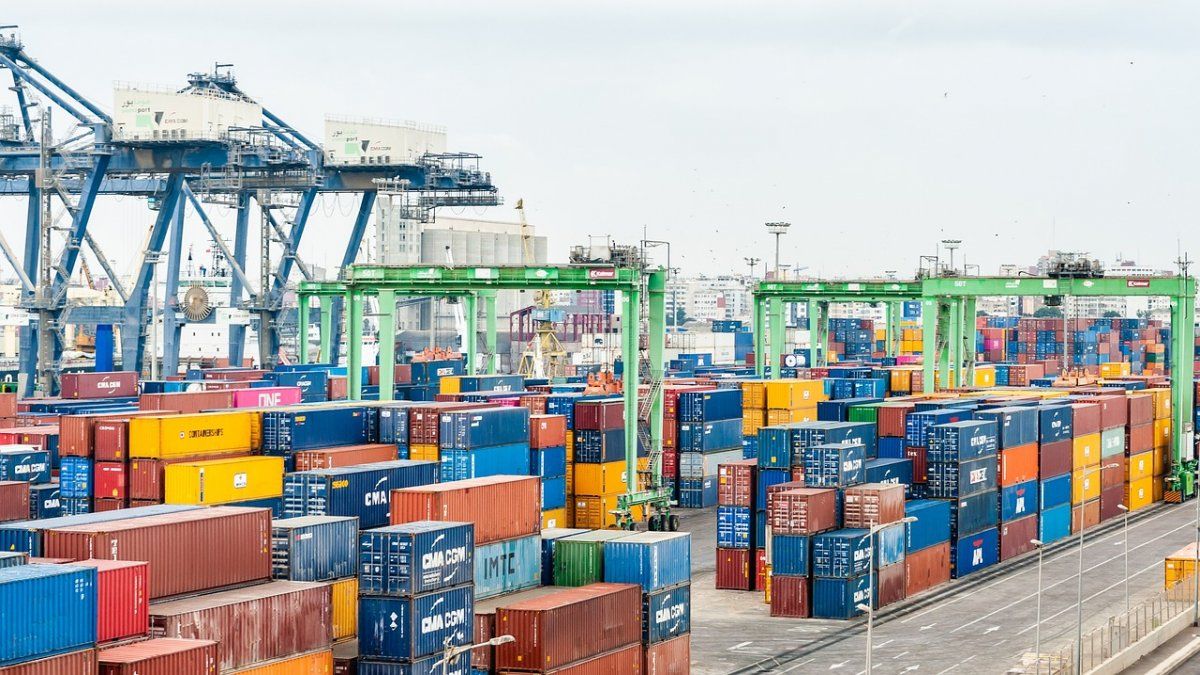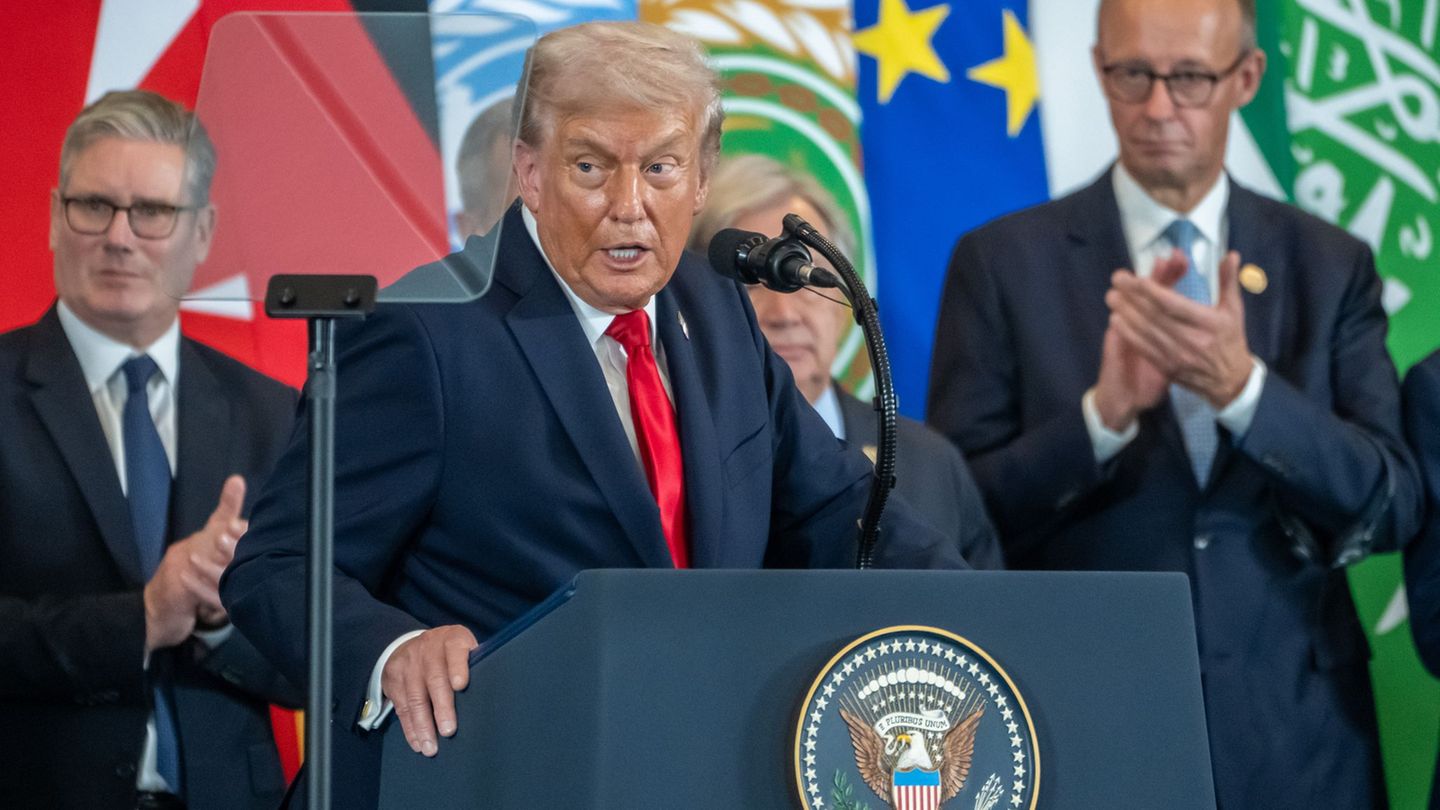Esteban Marzorati argued that the import substitution model is obsolete and neglects consumers. In addition, he assured that imported products have a large tax burden.
The Undersecretary of Foreign Trade, Esteban Marzorati, harshly questioned the protectionist policy of the previous government and promised to advance in the reduction of tariffs. According to the official, the measures implemented during the Frente de Todos administration sought to take care of production and employment but neglected consumers.
The content you want to access is exclusive to subscribers.
In an interview, Marzorati stated that The import substitution model is “obsolete” and that “there is nothing more harmful to the industry than living in a closed country” since it generates “fewer incentives to incorporate technology, innovation, competition and investment.”


For the economist, who graduated from the Argentine Catholic University (UCA) and participated in the management during Mauricio Macri’s mandate, it is “valid” to evaluate the measures taken in foreign trade for their effect on production and employment, but criticized that “For a long time Argentina did not look at what effect they had on the consumer”.
In concrete terms, Marzorati highlighted that today import tariffs are high and that today “There are imported products that are above 100%, 120% tax burden”. Faced with this panorama, he highlighted “the good effects that were generated during the first ten months of the current Government, eliminating structures that had been in Argentina for many years.”
The undersecretary explained, in dialogue with Yanina Soledad Lojo for GlobalPlay’s Comex+ program, that, from his perspective, “Argentina distorted the use of tools that are globally accepted by the World Trade Organization” and emphasized two aspects of the technical regulations that Commerce seeks to definitively eliminate by 2025.
“The first aspect has to do with the uncertainty that you generate for the interested party regarding the approval of this regulation and logically that translates into cost that the consumer later ends up paying. Secondly, there were a lot of regulations that made no sense and that generated a direct cost to the companies for the action and certification they had to do on their product,” he explained.
Looking to the future, Marzorati He promised to reduce taxes “as we have a gap”. “Foreign trade does not escape the reality of the rest of the economy. There was already tax exemption for basic basket products and medicines, and the PAIS tax was reduced by ten points,” he highlighted.
Source: Ambito
I am a 24-year-old writer and journalist who has been working in the news industry for the past two years. I write primarily about market news, so if you’re looking for insights into what’s going on in the stock market or economic indicators, you’ve come to the right place. I also dabble in writing articles on lifestyle trends and pop culture news.




